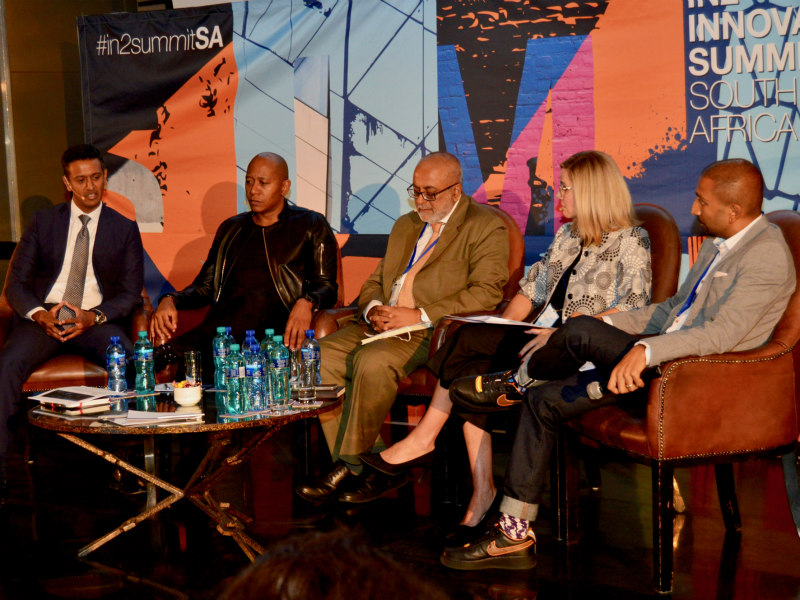Maja Pawinska Sims 08 May 2018 // 3:41PM GMT

JOHANNESBURG — Brands are 18 to 24 months behind agencies when it comes to restructuring their organisations to provide a seamless consumer experience, according to Abey Mokgwatsane, managing executive of brand at Vodacom.
Mokgwatsane, who moved to the mobile network operator last year after six years as CEO of Ogilvy & Mather South Africa, was speaking at the Holmes Report’s In2 Innovation Summit South Africa in Johannesburg today in a session on 'New PR in the World of Modern Marketing.'
He said: “At Ogilvy we completely collapsed all client teams into one integrated team, and at Vodacom we are now removing the barriers that have got in the way of consistent, coherent, fluid customer communications. Customers don’t consume brands on social media and expect different communication when they speak to the call centre. We’re the ones that are getting in the way of that. You can’t achieve that level of agility without breaking out of silos and making some really difficult calls around being organised in a way that is much more consumer-centric.”
And he added: “As clients we are really good at making demands on our supplier base that we ourselves are not good at keeping true to. Part of my new role is to agitate our own organisation – we are now starting to structure around more integrated teams around customer clusters, from insights to product development to packaging and marketing, all looking at the consumer experience and how we are engaging with customers across all our platforms. The client world is 18 months to 24 months behind the agency world in terms of structure – it’s more difficult because of size and scale, but we have a lot to learn.”
Also on the panel were Audi South Africa head of marketing Asif Hoosen, Abba Omar, senior GM of strategy and communications at Banking Association South Africa, and Joanna Oosthuizen, Ogilvy South Africa’s national MD.
Oosthuizen agreed that PR agencies were moving fast in “reorganising ourselves to become an organisation that understands multiple disciplines,” and referenced Michael Frohlich’s promotion from Ogilvy EMEA PR chief to overall UK CEO as evidence that PR is being taken more seriously. She said: “With the evolution of social media and influencers, consumers are looking for real insight, and they want to learn to love brands rather than being told to love brands. Traditionally, creative teams within the advertising disciple were seen to be leading the agenda, but now an idea can come from anywhere.”
At Audi, Hoosen said marketers now have no choice but to look at a far more integrated approach: “Every idea that comes to the fore has to be leveraged, in line with purpose and relevance and showing customers that culturally we are interested in what’s happening in this market. Many brands are still very single-minded in their approach – retail is retail, brand is brand, PR is about journalists – but there are real opportunities here.”
On the growing importance of purpose to brands, marketers and consumers, Hoosen added that social responsibility in the region could have a broader definition than the traditional avenues of education and food programmes: “As brands in South Africa we have an obligation and a responsibility to better society in general, not just the things you can talk about the most, but the things you can be sincere about. Our programme to find aspiring young cricketers, for example, unearthed boys and girls with real talent and had immediate impact.”
And at Banking Association South Africa, Omar agreed that social impact and purpose were now core drivers for the banking industry and its reputation: “As Bill Gates said, while banking is essential, banks are not, and we have competition from all the fintechs. Banks are more and more shifting to the point where they are realising that their purpose is not just profit, it is to reduce social inequality, to uplift communities and society.”


































.jpg)

















